Boucquey Thierry (General Editor). Encyclopedia Of World Writers. 3 volumes
Подождите немного. Документ загружается.

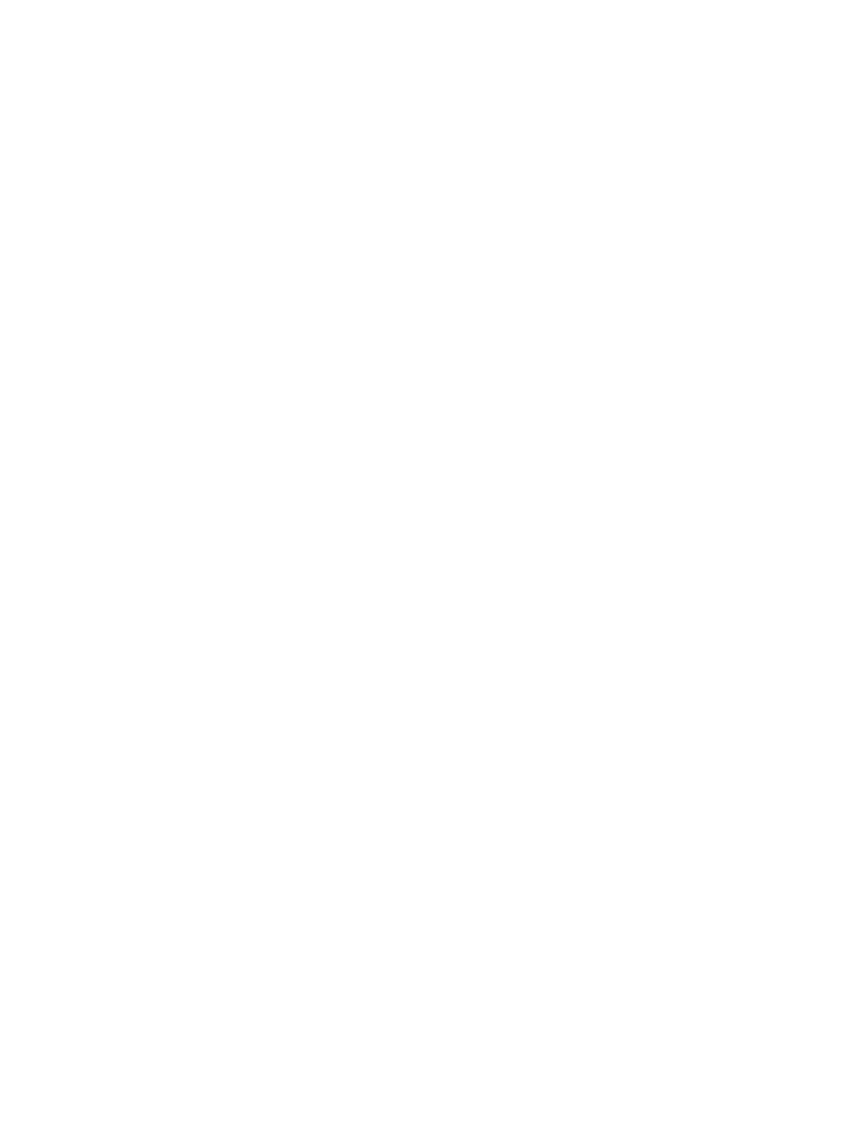
ters. He also gained a reputation as an outstanding
speaker. His sermons were well known throughout
the area, and he often delivered sermons to power-
ful church and state figures in Paris as well.
Bossuet became the bishop of Condom in south-
west France in 1669. He continued to have close ties
with the French monarchy and Catholic Church
leadership.Because of his oratorical abilities, Bossuet
was asked to deliver funeral orations for important
Catholic figures, such as Henrietta Maria, the widow
of Charles I of England.
In 1670 Bossuet was hired by King Louis XIV
to tutor his son, the Dauphin. Bossuet wrote books
and manuals of politics, philosophy, and history
with which to instruct his new pupil.
Bossuet felt that monarchy was the best form
of government to advance the views of the church.
He wrote several treatises to this end, including
Statecraft Drawn from the Very Words of the Holy
Scriptures, which uses scripture to provide proof of
the divine right of kings.
Bossuet is celebrated for his eloquence and the
poetic quality of his sermons and orations. His de-
bates with Protestants and his crusading work to try
to reintegrate Protestants into the Catholic Church
are also key parts of his legacy. He is remembered as
a staunch defender of the infallibility of the Catholic
Church and the French monarchy, though many of
his views are now seen as old-fashioned in light of re-
forms within the Catholic Church.
See also FÉNÉLON.
English Versions of Works by
Jacques-Bénigne Bossuet
Discourse on Universal History. Translated by Elborg
Forster and edited by Orest Ranum. Chicago: Uni-
versity of Chicago Press, 1976.
Politics Drawn from the Very Words of Holy Scripture.
Translated by Patrick Riley. New York: Cambridge
University Press, 1999.
Works about Jacques-Bénigne Bossuet
Chadwick, Owen. From Bossuet to Newman. New
York: Cambridge University Press, 1987.
Reynolds, Ernest Edwin. Bossuet. Garden City, N.Y.:
Doubleday, 1963.
Boswell, James (1740–1795) biographer,
journal writer, travel writer
James Boswell was born in Edinburgh. His father,
Alexander Boswell, was an important judge and
laird (owner of a landed castle) and his mother,
Euphemia Boswell, was descended from a branch
of Scottish royalty. His father expected him to
enter the legal profession; conflict with his father’s
expectations exacerbated the psychological depres-
sion that Boswell suffered from throughout his life.
He died in London of progressive kidney failure on
May 19.
Boswell studied at the University of Edinburgh
from 1753 to 1759. In 1759 he took up the study of
law at Glasgow, but soon ran away to London, where
he acquired a lasting taste for both the literary life
of the English capital and for its sensual delights.
After returning to Scotland in 1762, Boswell
passed his exams in civil law. Rather than begin-
ning his legal practice, he persuaded his father to
allow him to return to London to seek a military
appointment. It was during this visit that Boswell
met Samuel Johnson. He records their meeting in
his Life of Johnson:
Johnson unexpectedly came into the shop; and
Mr. Davies [the book store’s owner] having
perceived him through the glass-door in the
room in which we were sitting, advancing to-
wards us,—he announced his aweful approach
to me, somewhat in the manner of an actor in
the part of Horatio, when he addresses Hamlet
on the appearance of his father’s ghost, “Look,
my Lord, it comes.”
The allusion to Hamlet’s ghost aptly captures the
spirit of the relationship between the two men:
Johnson would become a father-figure to Boswell,
giving him advice and emotional support. In turn,
Boswell became a disciple of Johnson, dedicating
Boswell, James 27
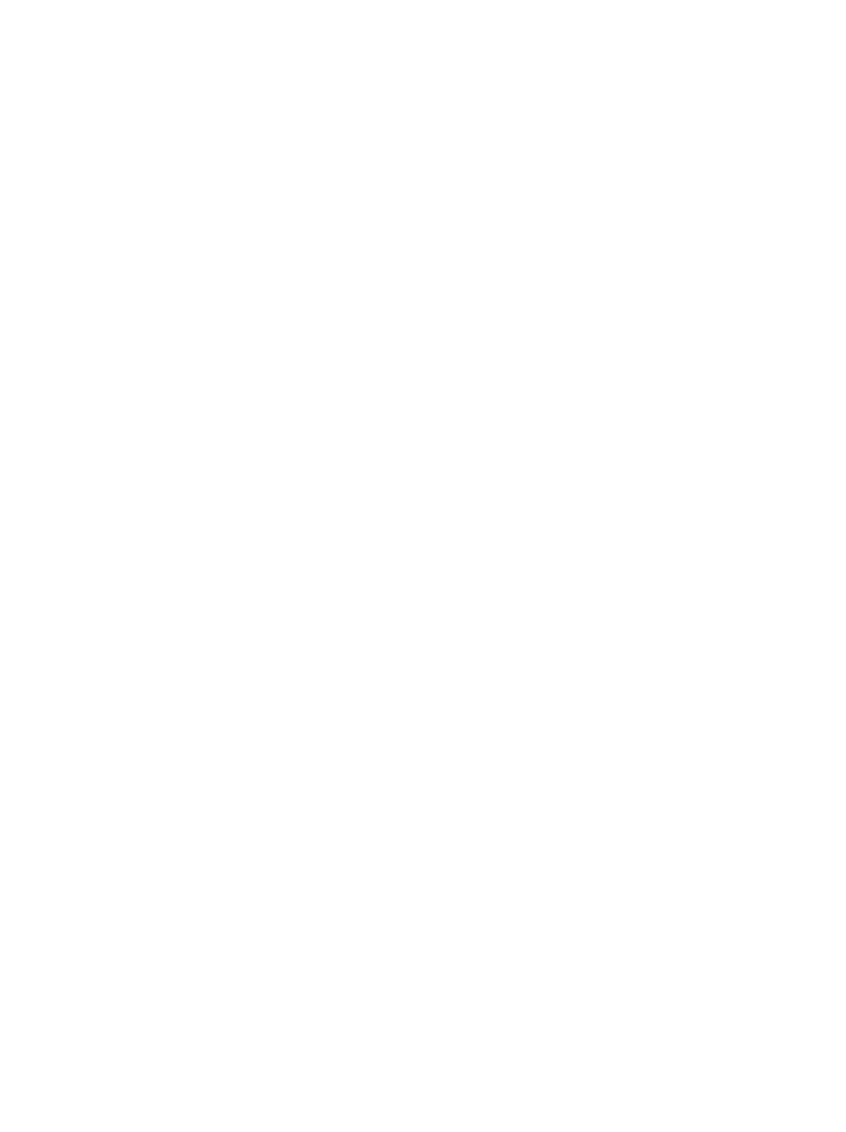
the last years of his life to composing his Life of
Johnson.
During this same visit Boswell began keeping a
personal journal, an activity he continued until his
death. Had he written nothing else, he would figure
importantly in British literary history for compos-
ing this rich and full account of 18th-century life.
Boswell recorded all of his foibles and flaws, details
of his irrepressible vanity, and his sexual appetite,
offering an almost unparalleled access into the
labyrinthine complexities of the human personality.
Beginning in 1764, Boswell traveled throughout
Europe, striking up friendships with many well-
known figures, including ROUSSEAU and VOLTAIRE.
After returning from his travels, Boswell published
his first important book, An Account of Corsica
(1768). Johnson wrote of it: “I know not whether I
could name any narrative by which curiosity is
better excited, or better gratified.”
Boswell established a legal practice in Scot-
land, residing at his ancestral estate at Auchinleck,
although he made annual visits to London. In
1773 he and Johnson undertook a tour of the
Scottish Highlands and later published very dif-
ferent accounts of the trip. Johnson’s A Journey
to the Western Isles (1775) objectively describes
the life and manners of the Scottish country and
people, while Boswell’s Journal of a Tour to the
Hebrides (1785) is a highly personal account. Its
emphasis on conversation previewed the ap-
proach that Boswell would later take in his Life of
Johnson.
Boswell’s later years were clouded by his fail-
ure to establish a successful legal practice in Eng-
land and by his increasing difficulties with
alcoholism. After Johnson’s death in 1784,
Boswell began the massive undertaking of com-
posing his friend’s biography, closely assisted and
encouraged by Shakespearean scholar Edmond
Malone. The first edition of the book was pub-
lished in 1791, to great acclaim, and was a heroic
and successful attempt to preserve Johnson for
posterity. Boswell records hundreds of pages of
Johnson’s conversation, thus offering the reader
immediate access to Johnson’s personality and
living presence. In part, Boswell was simply ful-
filling Johnson’s own theory of biography, as set
forth in Rambler #60, which advocates an impar-
tial “display [of] the minute details of daily life.”
Nevertheless, in its historical context, Boswell’s
Life was daring and controversial for its frank
revelation of Johnson’s personal life. Though
critics argue the accuracy of many details in the
work, its proportionality, and its psychological
development (or lack thereof), few contest
Boswell’s overall accomplishment. As Marshall
Waingrow states, “No matter how many new
facts are brought to light, Samuel Johnson will
always be somebody’s hypothesis,...[and no
other hypothesis] has pleased so many, or is
likely to please so long, as Boswell’s.”
Works by James Boswell
Journal of a Tour to Corsica and Memoirs of Pascal
Paoli. New York: Turtle Point Press, 2002.
Life of Johnson. IndyPublish.com, 2002.
Works about James Boswell
Martin, Peter. A Life of James Boswell. New Haven,
Conn.: Yale University Press, 2000.
Sisman, Adam. Boswell’s Presumptuous Task: The
Making of the Life of Dr. Johnson. New York: Farrar,
Straus and Giroux, 2000.
Vance, John, ed. Boswell’s Life of Johnson: New Ques-
tions, New Answers. Athens: University of Georgia
Press, 1985.
Bradford, William (1590–1657) colonial
and religious leader
William Bradford was born in Yorkshire, England.
He joined a Separatist church in Scrooby at age 16,
and three years later moved to Holland to avoid re-
ligious persecution from the Church of England. In
Holland, he became a leader of the Scrooby Sepa-
ratists and encouraged the church to establish a set-
tlement in the Virginia colonies. In 1620 Bradford
was among the 102 pilgrims who sailed for the
28 Bradford, William
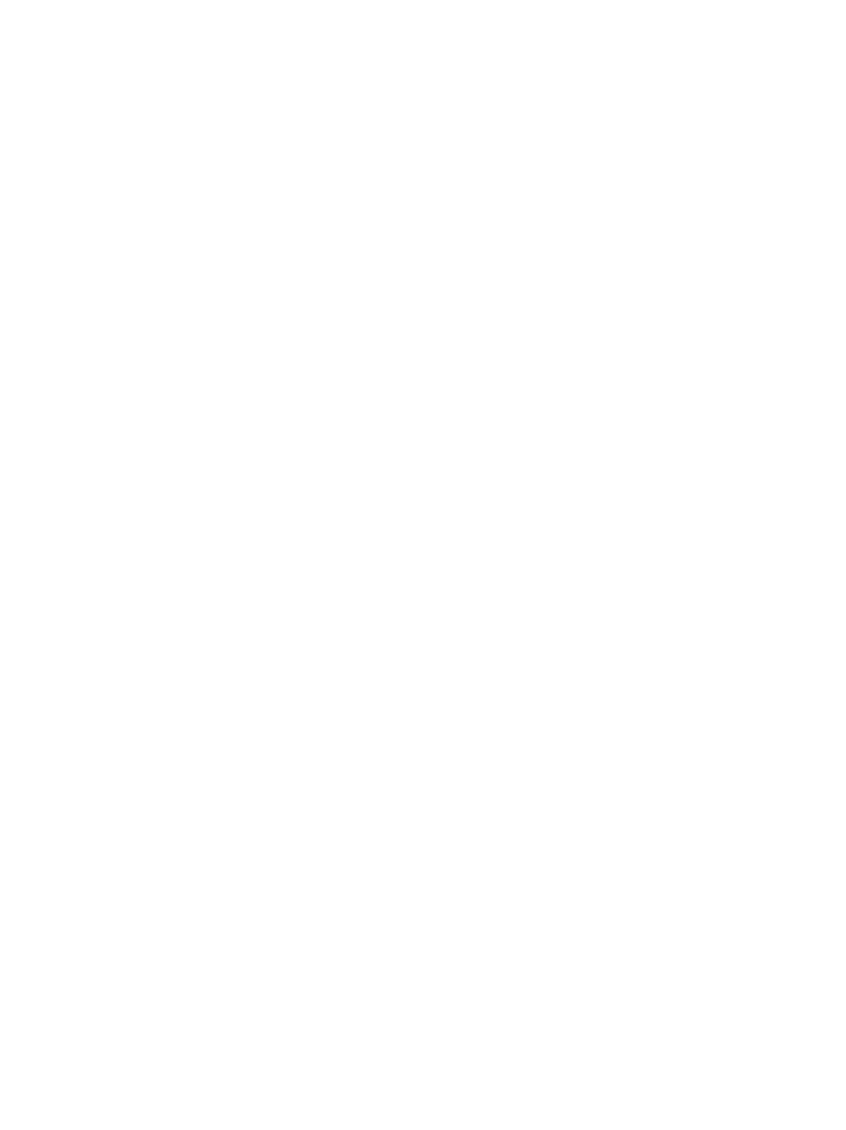
New World on the Mayflower. The ship landed on
the shores of New England at Plymouth Rock on
December 20, 1620.
Bradford was among the Pilgrims who drafted
the Mayflower Compact (1620), a brief document
that set out the Pilgrims’ rights and duties under
God and law, and helped to establish what is con-
sidered to be the first democracy in the American
Colonies. After the death of the Plymouth colony’s
first governor, John Carver, in the spring of 1621,
Bradford took over the leadership of the colony
and remained at the center of government until his
death. During this period, he was reelected as gov-
ernor 30 times.
Though Bradford was essentially a colonial and
church leader, not a writer, he produced one of the
most important historical works of 17th-century
America, Of Plymouth Plantation. This history,
which he began in 1630 and eventually extended
to two volumes, is a detailed account of the voyage
of the Mayflower, the landing at Plymouth Rock,
and the many hardships the Pilgrims faced while
trying to establish their colony, including losing
more than half of their inhabitants to sickness
during the first winter. In its pages, Bradford also
describes how the Pilgrims met Squanto, a Paw-
tuxet Native American interpreter who spoke En-
glish. Squanto helped them form an essential
alliance with the local Wampanoag people, which
played a crucial role in the colony’s survival dur-
ing its first brutal winter in the New World. Be-
cause the history was written as a record to be
passed on to future inhabitants of the Plymouth
Colony and not for wider publication, Bradford
wrote in a simple manner, devoid of any unneces-
sary stylistic flourishes. His account is straight-
forward, personal, and readable. Of Plymouth
Plantation remains the most important firsthand
account of the early settlement of the American
colonies available today.
A Work by William Bradford
Of Plymouth Plantation. Introduction by Samuel
Eliot Morison. New York: Knopf, 2001.
Works about William Bradford
Anderson, Douglas. William Bradford’s Books: Of
Plimmoth Plantation and the Printed Word. Balti-
more, Md.: Johns Hopkins University Press, 2003.
Westbrook, Perry D. William Bradford. Boston:
Twayne, 1978.
Bradstreet, Anne Dudley (1612?–1672)
poet
The place of Anne Dudley’s birth is unknown, but
she grew up in Lincolnshire, England. Her father,
Thomas, was steward to the earl of Lincoln. Dud-
ley received an excellent education for a woman of
the era; she had private tutors and was allowed to
use the earl’s large library. In 1628 she married
Simon Bradstreet. Two years later, Anne and her
husband and parents sailed for New England so
they could openly practice their Puritan faith.
When Bradstreet first saw New England, she was
frightened by its wildness, but she came to believe
that God had chosen this life for her.
Bradstreet and her husband had eight children.
They moved around to various settlements in
Massachusetts, finally settling in North Andover.
Simon Bradstreet served twice as royal governor
of Massachusetts.
Bradstreet wrote poetry for her own enjoyment
and that of her family. She never intended her
work to be published, but her brother-in-law,
without her permission, published a volume of her
poems in England in 1650, under the title The
Tenth Muse Lately Sprung up in America. Brad-
street’s early poems are conventional and give lit-
tle indication that the author lived in the untamed
wilderness of America. She is read today for her
later work, which was published after her death.
Her later poetry, more deeply felt and less conven-
tional, focuses on Bradstreet’s daily life as a settler;
her emotions as she faces life’s hardships, including
the loss of the family home to fire and the dangers
of childbirth; her religious beliefs; and nature. Ad-
dressing her husband during a pregnancy, Brad-
street writes:
Bradstreet, Anne Dudley 29
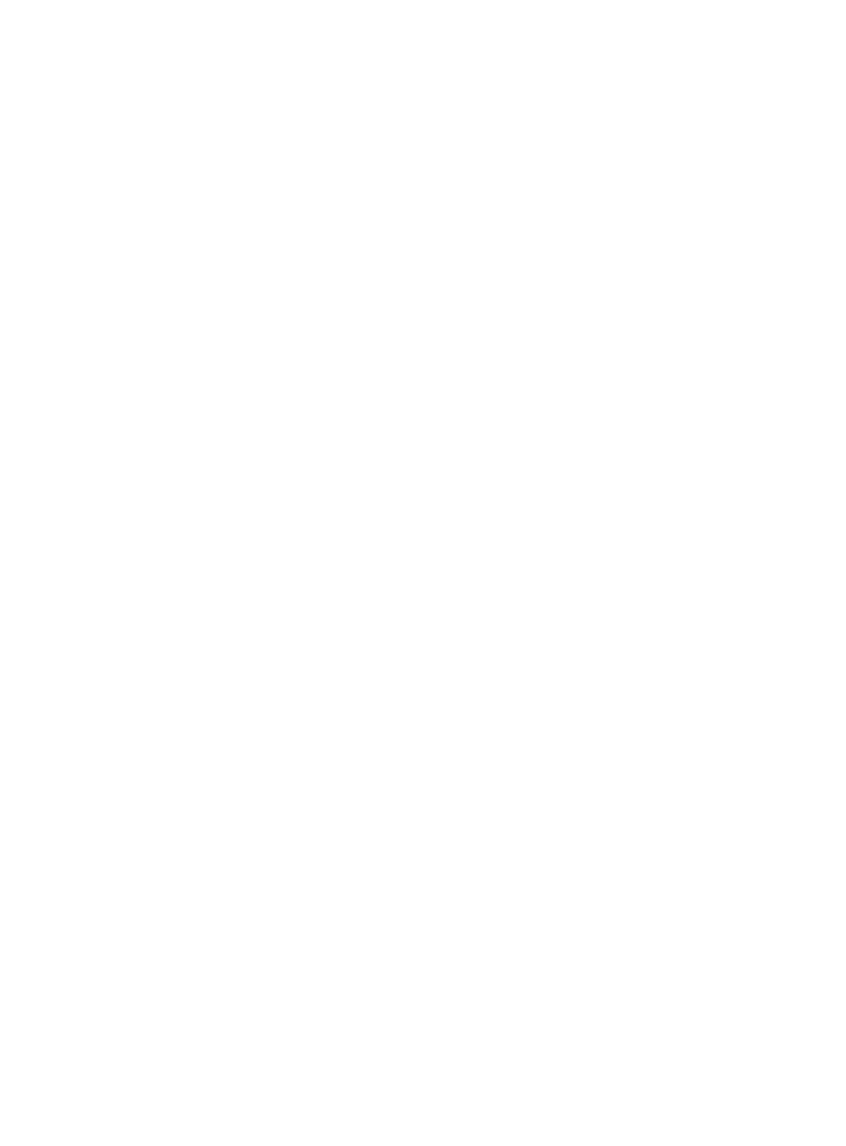
How soon, my dear, death may my steps attend.
How soon’t may be thy lot to lose thy friend.
Bradstreet was influenced by a number of poets,
including Raleigh, Spenser,
SIDNEY, and DONNE.Her
most famous work is a poem titled “Contempla-
tions”(1678) in which she ponders time’s ability to
destroy mortal things but not spiritual ones. In this
poem, as in most of her later works—both verse
and prose—Bradstreet reveals her wisdom, sim-
plicity, and generosity.
Works by Anne Dudley Bradstreet
The Works of Anne Bradstreet. Edited by Jeannie
Hensley. Cambridge, Mass.: Harvard University
Press, 1981.
Works about Anne Dudley Bradstreet
Martin, Wendy. An American Triptych: Anne Brad-
street, Emily Dickinson, Adrienne Rich. Chapel Hill:
University of North Carolina Press, 1984.
Rosenmeier, Rosamund. Anne Bradstreet Revisited.
Boston: Twayne, 1981.
Brandt, Sebastian (1457?–1521) poet
Sebastian Brandt was born in Strasbourg on the
cusp of the early German humanist movement. He
called himself by the Latin name Titio, meaning
“firebrand.” He graduated in 1477 from the Uni-
versity of Basel, then an important center of hu-
manist studies. In 1484 he received his license to
teach and practice law, and in 1485 married Elisa-
beth Burg. In 1489 he earned his doctoral degree
and in 1490 published his first books, a series of
law texts. In 1501 Brandt moved back to Stras-
bourg. He served in various administrative posi-
tions in the city and as sometime-adviser to
Emperor Maximilian. In 1514 he met the influen-
tial humanist scholar
ERASMUS.
In his lifetime, largely during the period spent
at Basel, Brandt wrote several Latin tracts and a
collection of poems published as Various Songs. He
translated many Latin classics into German, thus
elevating the respect for literature in the vernacu-
lar. Brandt’s most famous work, The Ship of Fools
(1494), shows the moral and religious conviction
of its author as well as his conservative point of
view. The pure, unadorned style reflects Brandt’s
learning in both the Greek and Latin tradition and
provides a cutting social commentary on human
sins and foibles. Each chapter addresses a type of
fool, united with the theme of the ship. The moral
teachings of the work borrow largely from biblical
and classical authorities, but the unique satire and
biting humor make for entertaining reading. No
one escapes the author’s keen eye, including him-
self. In chapter 111, the “Apology of the Poet,” he
confesses: “Of folly I was never free, / I’ve joined
the fool’s fraternity.” But, he adds, he hopes “That
I’ll improve in time through wit, / If God will grant
such benefit.”
Woodcuts illustrating each type of fool accom-
panied the text, which perhaps helped account for
its popularity. Translator Edwin Zeydel calls The
Ship of Fools “the most famous book of its time.”
Six editions came out in Brandt’s lifetime, and the
work was translated into Latin, French, English,
Flemish, and Dutch. With this book, Zeydel says,
“German literature entered for the first time into
the stream of European letters.”
An English Version of a Work by
Sebastian Brandt
The Ship of Fools. Translated by Edwin H. Zeydel.
New York: Dover, 1988.
A Work about Sebastian Brandt
Van Cleve, John. Sebastian Brant’s The Ship of Fools
in Critical Perspective, 1800–1991. New York:
Camden House, 1993.
Bredero, Gerbrand (1585–1618) poet
Gerbrand Adriaensz Bredero was born in Amster-
dam to a middle-class family. His father, Adriaen
Cornelisz, was a shoemaker; his mother, Mary Ger-
brand, supervised his education in English,
French, and the classics. When he was very young
his family lived next door to the meeting place of
30 Brandt, Sebastian
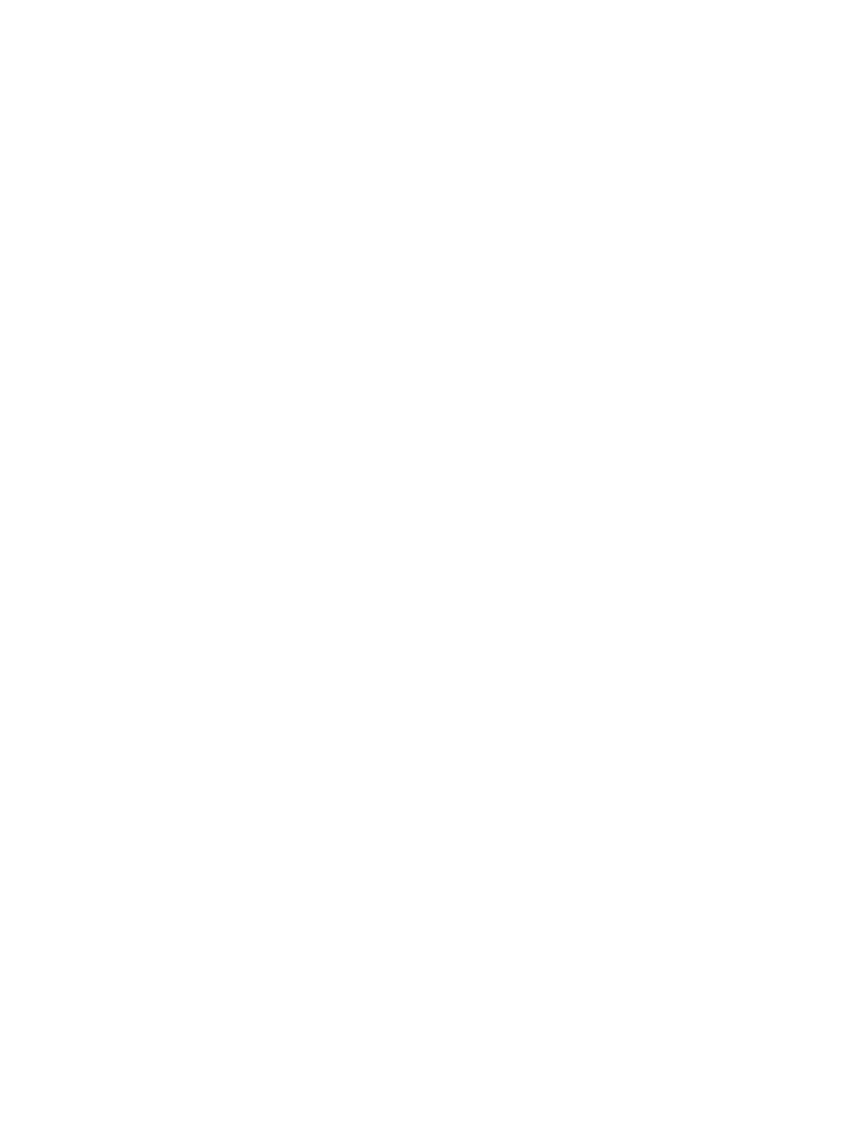
the Eglantine, the most prominent literary guild
of the city, which attracted him to poetry. Poetry,
however, was not a trade on which a Dutchman
could subsist in the Netherlands; even Joost van
den VONDEL had to support himself with a mercan-
tile business. Bredero trained and worked as a
painter. In 1611 he was invited to join the Eglantine
but in 1617 left to join the Dutch Academy founded
by his friend Simon Coster. Bredero died at age 33.
His first play Rodderick and Alphonsus appeared
in 1611; Griane followed in 1612. His series of
FARCES The Farce of the Miller (1612), The Farce of
the Cow (1612), and The Farce of Simon without
Sweetness (1612–13) show his key strengths, his
ability for social satire, his eye for local color, and
his ear for dialect. Lucelle (1613) was a romance
with a traditionally imperiled heroine. His mas-
terpieces were The Little Moor (1615) and The
Spanish Brabanter (1617).
Translator H. David Brumble says The Spanish
Brabanter, “if not the greatest play ever written in
the Netherlands, is perhaps the most beloved.” Bra-
bant, now the northern part of Belgium, was a cul-
tural center of the Dutch-speaking world. The play
concerns the escapades of two rascals: Jerolimo,
an ambitious but poverty-stricken Brabanter, and
his servant Robbeknol. What the play lacks in nar-
rative force it makes up for in character; its people
vividly render the color and speech of daily life in
early Amsterdam.Aside from its entertaining char-
acters, the quick, lilting style of the writing pre-
serves at least four Dutch dialects, conveying a true
appreciation of the cultural diversity of the Ams-
terdam of Bredero’s time.
An English Version of a Work by
Gerbrand Bredero
The Spanish Brabanter. Translated by David H. Brum-
ble III. Binghamton, N.Y.: Medieval and Renais-
sance Texts and Studies, 1982.
A Work about Gerbrand Bredero
Schama, Simon. The Embarrassment of Riches: An In-
terpretation of Dutch Culture in the Golden Age.
New York: Vintage, 1997.
Brown, Charles Brockden (1771–1810)
novelist
The writer known as the father of American liter-
ature was born in Philadelphia to Elijah Brown, a
merchant, and Mary Armitt. Brown’s parents sent
their son to the Friends Latin School, where he
gained a basic knowledge of Latin and Greek. Al-
though he was being groomed to become a lawyer,
Brown found himself captivated by the writings of
Jean-Jacques
ROUSSEAU
and Samuel RICHARDSON
and decided to pursue a literary career.
Brown was one of the first American authors to
make a living by writing. After Alcuin: A Dialogue
(1798) became a success, he composed the Gothic
novels Edgar Huntly (1799), the two-volume
Arthur Mervyn (1799–1800), and Ormond (1799).
He also edited a series of periodicals and pam-
phlets and planned a work of geography, never
completed.
Wieland; or, The Transformation: An American
Tale (1798), Brown’s most popular novel, tells the
disturbing tale of how the lives of Theodore and
Clara Wieland are altered when Carwin, a ventrilo-
quist, appears in their small town. Having been
raised to believe in the existence of a divine ruler,
Theodore and Clara mistake Carwin’s voices for the
voice of God, and Theodore eventually imagines he
has been ordered to destroy his entire family.
Brown’s intentions for his novels are just as im-
portant as the plots he devised. While some critics
dismissed the novel as a genre potboiler about love
and seduction, Cathy N. Davidson observes that
Brown wanted to demonstrate the “intellectual
benefits of novel reading.” In Wieland, according to
Clark, he dramatizes the “evil effects” that
“credulity and superstition” have on the mind and
raises but does not resolve basic questions. Michael
T. Gilmore notes that we are left wondering, “How
do we know something?” and “What constitutes
trustworthy evidence?” In addition to offering cut-
ting comments on social ills that provoke outrage
and call for reform, the troubling questions of
Brown’s works anticipate the psychological realism
that developed in American literature in the fol-
lowing century.
Brown, Charles Brockden 31
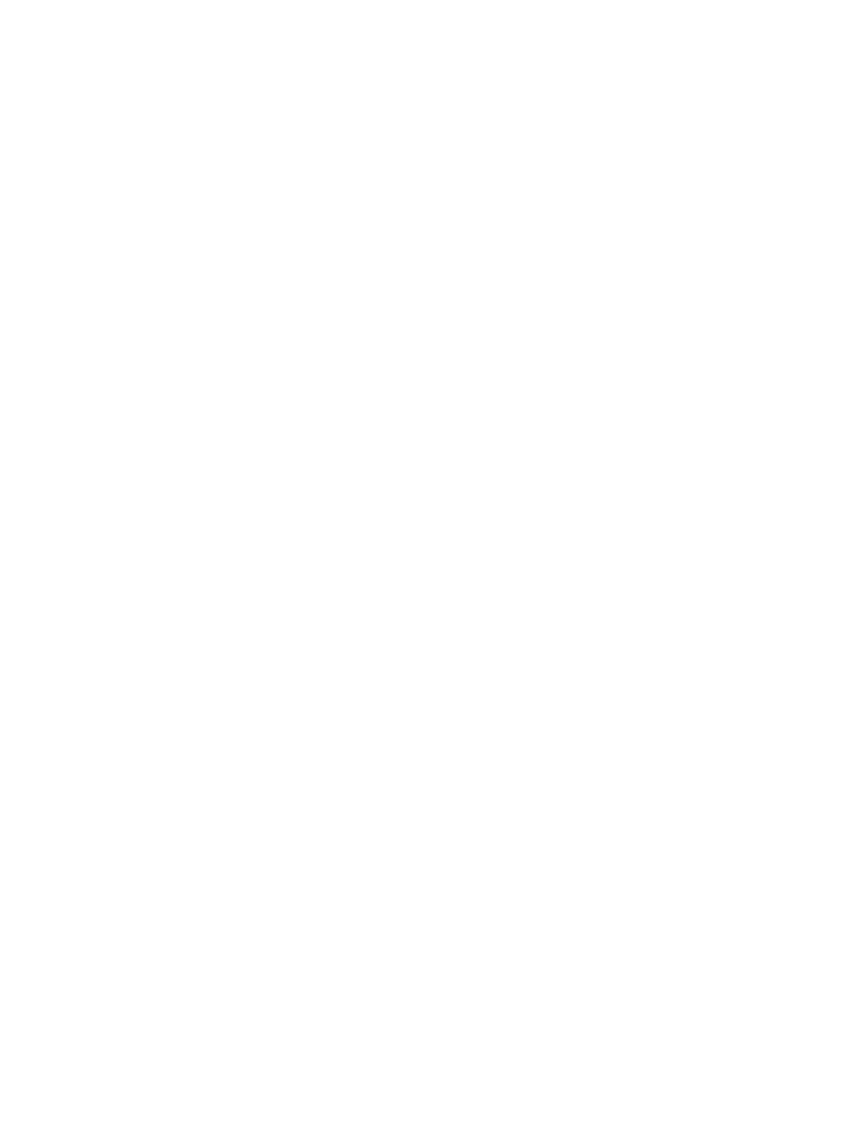
Works by Charles Brockden Brown
Three Gothic Novels. New York: Library of America,
1998.
Works about Charles Brockden Brown
Clark, David Lee. Charles Brockden Brown: Pioneer
Voice of America. New York: AMS Press, 1966.
Davidson, Cathy N. Revolution and the Word: The Rise
of the Novel in America. New York: Oxford Univer-
sity Press, 1986.
Bruno, Giordano (Filippo Bruno,
Giordano Nolano)
(1548–1600)
philosopher
The son of a soldier, Giovanni Bruno, and Fraulissa
Savolino, Bruno was christened Filippo in the town
of Nola, Italy. He took the monastic name Gior-
dano in 1565, when he entered the monastery of
San Domenico in Naples. There his brilliance and
his progressive thought brought him to the atten-
tion of the Inquisition, and he was expelled from
the monastery. In 1576 Bruno fled Italy, and over
the next 16 years he lived in France, England, and
Germany, where he wrote, taught, and gave lec-
tures. He returned to Italy in 1591 and was arrested
the following year. Two years later, he was convicted
of heresy and was later burned at the stake.
Bruno produced a voluminous body of work in
both Italian and Latin. The most influential of
these are philosophical dialogues written in Italian
between 1583 and 1585, while he was living in
England: The Expulsion of the Triumphant Beast;
The Heroic Frenzies; Cause, Principle, and the One;
The Infinite Universe and Worlds; The Ash Wednes-
day Supper; and The Cabal of the Horse Pegasus.
Bruno’s style is infused with his personality and
reveals why he was so often forced to escape ap-
parent safe havens. He had absolutely no patience
for people with whom he disagreed. Many passages
ridiculing his adversaries are sprinkled throughout
his prose. In The Ash Wednesday Supper (1584),
for instance, he refers to Andreas Osiander (who
wrote the preface to the first edition of Nicolaus
COPERNICUS’s famous scientific tract) as “That
idiot, who so mightily feared that one could be
driven mad by the teaching of Copernicus!” In
contrast, Bruno elevates himself in the preface to
The Ash Wednesday Supper when he claims his
readers “will be astonished that such great things
will be completely explained so succinctly.” Despite
his quarrelsome and arrogant personality, Bruno’s
philosophical thought was profound and his be-
liefs revolutionary. His insistence that freedom of
thought is necessary to advance human knowl-
edge, his acceptance of the Copernican theory, and
his proposal that the universe is infinite were con-
troversial beliefs in his time, and his writings about
them eventually led to his death.
Bruno’s cosmology or theories of how the uni-
verse works were based on the work of Copernicus,
but greatly expanded upon them. Bruno was a the-
oretical philosopher rather than a scientist, and
many of his beliefs rest on his ideas about God
rather than on an understanding of the physical
universe. Bruno’s most famous and most danger-
ous theory was his belief in an infinite universe. It
would be blasphemous, Bruno reasoned, to think
God, an infinite being, could be confined to a finite
universe. His reasoning opened a door to many
questions about other traditional foundations and
beliefs. The speakers of Bruno’s dialogues advocate
free-thinking and an ethical standard based on sci-
entific principles, rather than on what Bruno con-
sidered as outdated morality. The senses, Bruno
taught, were not the limit but rather the starting
point of knowledge, and reason must be used to
learn things the senses could not comprehend. In
accord with this, human virtue rested within
human intellect and not as some external state of
perfection. In addition, Bruno believed that ethical
standards must be based on a process of critical
thought, not on fear of punishment by a monitor-
ing, measuring God.
Bruno’s beliefs upset church authorities because
traditional theology rested on the idea that hu-
mans were the center of the universe. In medieval
cosmology, the world was a hierarchy, with God as
the judge and benefactor of all. Bruno’s theories
shattered the long-held distinction between celes-
32 Bruno, Giordano
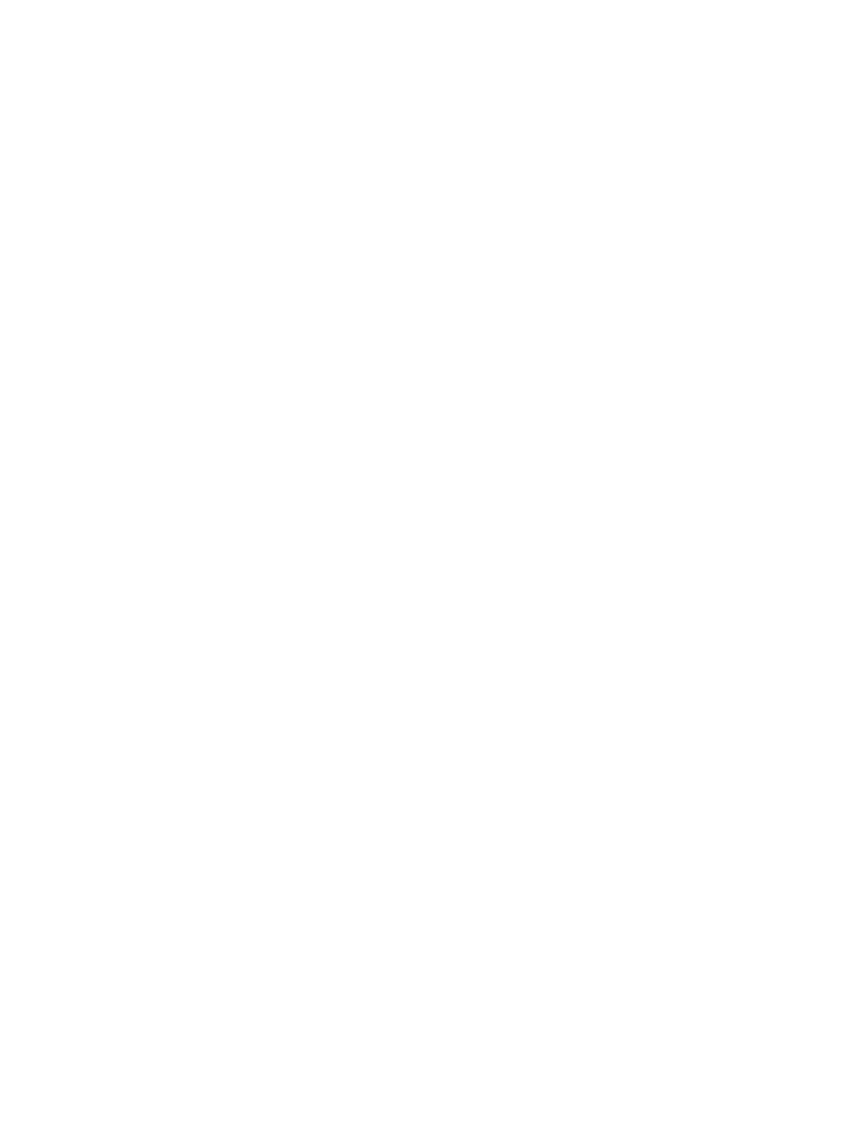
tial and terrestrial, threatening the basis of ethical
rules and the very nature of human identity in a
way the Inquisition could not condone. Bruno’s
execution for heresy led many later thinkers to
treat his beliefs with skepticism, and only in the
last century has a truer understanding of Bruno’s
philosophy evolved. He was the first staunch de-
fender of Copernicus and the first to depart sig-
nificantly from the teachings of Ptolemy and
Aristotle, important authorities during the Mid-
dle Ages and the RENAISSANCE. His cosmology led
the way for the work of Galileo and his philosoph-
ical beliefs and anticipated the work of SPINOZA and
René DESCARTES.
English Versions of Works by
Giordano Bruno
Cause, Principle and Unity and Essays on Magic.
Translated by Robert D. Lucca and Richard J.
Blackwell. New York: Cambridge University Press,
1998.
The Expulsion of the Triumphant Beast. Translated by
Arthur D. Imerti. Lincoln: University of Nebraska
Press, 1992.
Works about Giordano Bruno
Gatti, Hilary. The Renaissance Drama of Knowledge:
Giordano Bruno in England. New York: Routledge,
1989.
White, Michael. The Pope and the Heretic: The True
Story of Giordano Bruno, the Man Who Dared to
Defy the Roman Inquisition. New York: Harper-
Collins, 2003.
Bunina, Anna (1774–1829) poet
Anna Bunina’s childhood and adult life were not
carefree. She was the last of six children. Her
mother died giving birth to her, and Bunina was
sent to live with her mother’s sister. For many years
afterward, she alternated living with her older sis-
ters and aunts.
No matter the elegance of the home in which
she lived, Bunina’s education was ignored. When
her father died, she remedied her neglected edu-
cation by using her small inheritance to move to
St. Petersburg and hire tutors. She describes her
first attempts at writing as similar to “imitating the
bees in the garden”: “...I seem this very moment /
To see those little bees! / The beauty flies! She
seems all gold” (Rosslyn 17).
Bunina’s writing is extremely important for its
relation to the position and struggles of women
and to historical developments involving women’s
roles in Russia. Her poetry offers “rare insight into
the generally-ignored female experience of her cul-
ture” before the affects of romanticism had oc-
curred in Russia (Rosslyn xiii).
What is perhaps the greatest surprise about
Bunina is that she was one of the first writers (male
or female) to financially survive by writing. She
was not wealthy, and she often struggled to make
ends meet, but she succeeded because she “wrote
with originality, put translation and imitation to
her own purpose, [and] presented a specifically
feminine and individual image of the creative
writer” (Rosslyn xiii).
Though unaccepted by literary authorities of
the time and little studied until the late 20th cen-
tury, it is undeniable that Bunina had literary tal-
ent. She also perceived the social plight of women
long before it became a social debate. Bunina “in-
troduced her biography into her poems. Not all are
autobiographical or introspective, but many are
presented as the poet’s subjective, even confes-
sional, writing” (Rosslyn xiv).
Works about Anna Bunina
Rosslyn, Wendy. Anna Bunina (1774–1829) and the
Origins of Women’s Poetry in Russia. Studies in
Slavic Language & Literature, vol. 10. New York:
Edwin Mellen Press, 1997.
Tomei, Christine D., ed. Russian Women Writers, vols.
1–3. New York: Garland Publishing, 1999.
Bunraku (1700s)
Bunraku is a traditional form of Japanese puppet
theater. The earliest appearance of puppet theater in
Japan occurs in the 12th century, when wandering
Bunraku 33
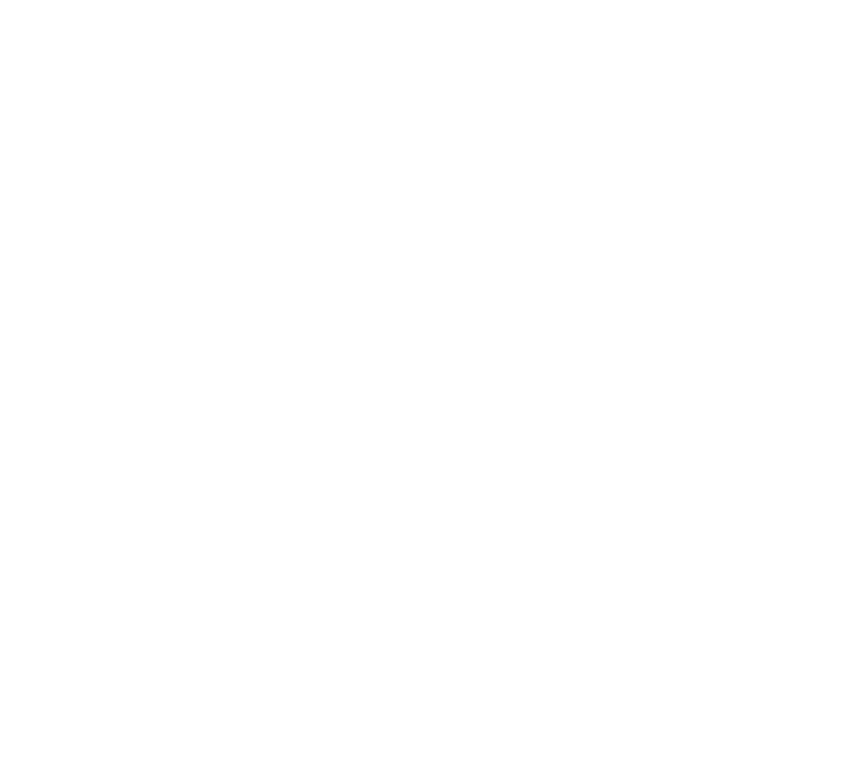
performers put on one-person puppet shows.
Later puppet theater appeared at Shinto shrines
and may have been used for religious purposes. In
the 16th century, at a shrine in Nishinomiya, pup-
peteers performed plays depicting legends of the
god Ebisu, and these became so well renowned the
puppeteers were invited to the palace to perform for
the emperor. Also around the same time, the per-
formances of j¯oruri, traveling troubadour-like nar-
rators who played the biwa (Japanese lute), became
prevalent. The term j¯oruri comes from a 15th-cen-
tury legend about a princess of the same name.
In 1684 the chanter Takemoto Gidayu opened
a puppet theater in Osaka and became a patron of
CHIKAMATSU MONZAEMON, who is known as the
greatest j¯oruri playwright. Chikamatsu’s influence
on j¯oruri marks a shift from performances of his-
torical legends and myth to portrayals closer to the
everyday life of his audience. After Chikamatsu’s
death in 1725 and until about 1780, j¯oruri enjoyed
a period of unsurpassed popularity, which waned
sharply toward the end of the 18th century. Puppet
theater, however, underwent a revival at this time.
The term bunraku is a product of this revival and
was named for Uemura Bunrakuken, a puppeteer
from Awaji who began producing puppet plays in
Osaka.
At the peak of its popularity, Bunraku puppet
plays offered a freshness and creativity that rivaled
KABUKI theater. Chikamatsu Hanji, a playwright
and narrator writing in the 1770s, was known for
his storylines featuring complicated relationships
and wildly improbable happy endings. Several
bunraku plays endure as classics and are still per-
formed in Japanese theaters today. In addition,
bunraku theater greatly influenced the produc-
tions of renowned director Julie Taymor, who di-
rected the Broadway play The Lion King.
English Versions of Bunraku
Four Major Plays of Chikamatsu. Translated by Don-
ald Keene. New York: Columbia University Press,
1961.
Gerstle, Andrew C., Kiyoshi Inobe, and William
Malm. Theater as Music: The Bunraku Play “Mt.
Imo and Mt. Se.” Ann Arbor: University of Michi-
gan, 1990.
Works about Bunraku
Adachi, Barbara C. Backstage at Bunraku: A Behind-
the-Scenes Look at Traditional Japanese Theater.
New York: Weatherhill, 1985.
Hironaga, Shuzaburo. Bunraku Handbook: A Com-
prehensive Guide to Japan’s Unique Puppet Theater,
with Synopses of All Popular Plays. Tokyo: Maison
des Arts, 1976.
34 Bunraku

35
C
Cabeza de Vaca, Álvar Núñez
(ca. 1490?–1559?) explorer
Cabeza de Vaca was born in Jérez de la Frontera in
Spain. Almost nothing is known of his childhood
or early adult life. Around age 37, he sailed with
Pánfilo de Narváez to Florida, to become one of
only four men who survived the expedition. He
wandered throughout Florida and Mexico for nine
years, from 1527 to 1536, during which time he
was taken captive by the Indians. His written ac-
count of his experiences is considered to be one of
the best accounts of early American exploration.
Naufragios y relación de la jornada que hizo a la
Florida con el adelantado Pánfilo de Narváez was
first published in Spain in 1542. Modern transla-
tions include C. Covey’s 1962 edition, Adventures
in the unknown interior of America, and the 2003
National Geographic Adventure printing of The
Narrative of Cabeza de Vaca.
La relación is remarkable for its descriptions of
the geography and the indigenous peoples of
North America. The descriptions are related
through the eyes of a Spaniard who survived by ac-
culturation to the native societies. The work is also
important because in it Cabeza de Vaca defends
the natives against abuse by Spanish conquista-
dors, which he witnessed on the northern frontiers
of New Spain. As a narrative of suffering and pri-
vation, Cabeza de Vaca’s account has no equal in
the annals of North American exploration.
Cabeza de Vaca later became governor of
Paraguay (1540–45). His experience in Paraguay
was filled with conflict due to resentment from en-
emies who objected to his generous attitude to-
ward the Indians. After he was sent back to Spain
in chains in 1545, he wrote a bitter account of the
experience, Los commentarios, with the help of his
secretary Pedro Hernández in 1554. Los commen-
tarios was published together with an edited ver-
sion of La relación in Valladolid in 1555.
English Versions of a Work by Álvar Núñez
Cabeza de Vaca
Narrative of Cabeza de Vaca. Translated and edited
by Rolena Adorno and Patrick C. Pautz. Lincoln:
University of Nebraska Press, 2003.
The Journey and Ordeal of Cabeza de Vaca: His Ac-
count of the Disastrous First European Exploration
of the American Southwest. Translated by Cyclone
Covey. Mineola, N.Y.: Dover, 2004.
Works about Álvar Núñez Cabeza de Vaca
Menard, Valerie. Alvar Núñez Cabeza de Vaca.
Hockessin, Del.: Mitchell Lane Publishers, 2002.
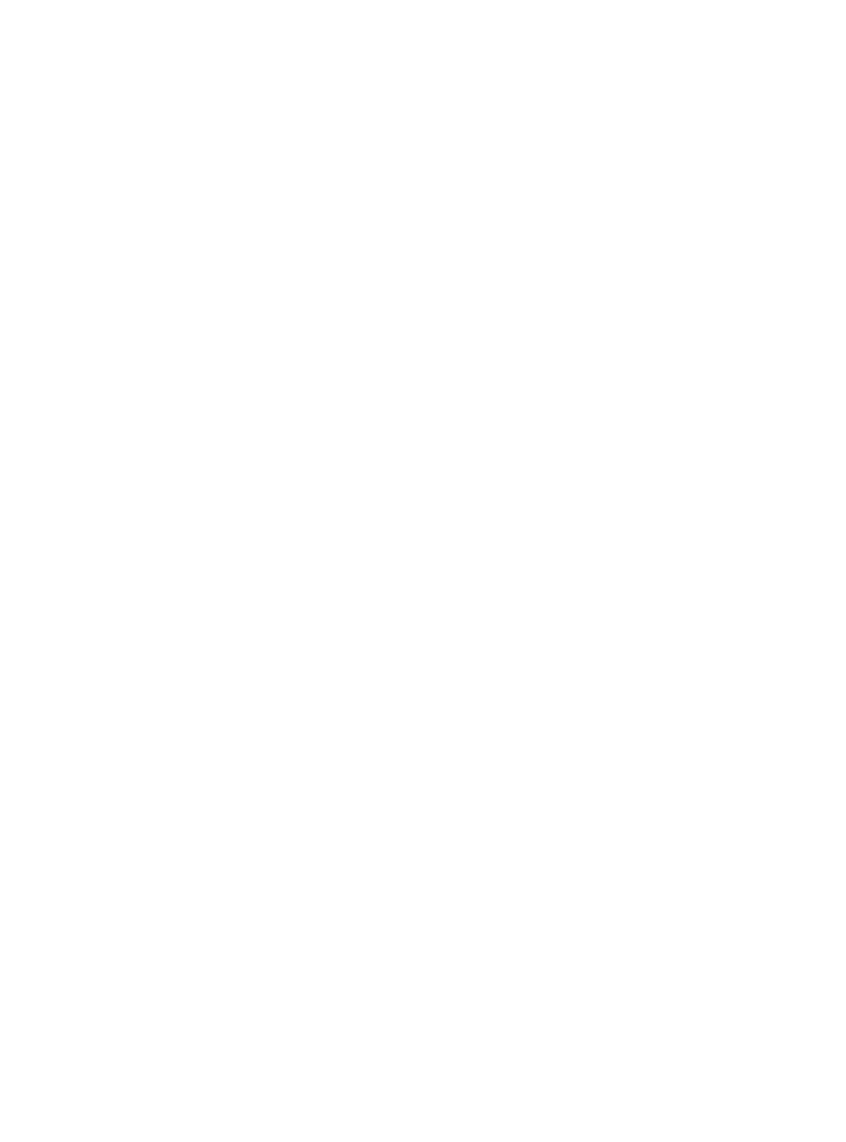
Rodriguez, Alfred. Plus Ultra: Life and Times of Alvar
Núñez Cabeza de Vaca. Lincoln, Neb.: iUniverse,
2001.
Cacamatzín of Texcoco (1494–1520)
poet, ruler
Cacamatzín was born into the most famous fam-
ily in Texcoco (in present-day Mexico). His father,
Nezahualpilli, served as a ruler of Texcoco and was
also a skilled poet, architect, and observer of stars.
Cacamatzín’s uncle was Montezuma, the powerful
ruler of Tenochtitlán, the center of the Aztec Em-
pire. Cacamatzín attended the calmecac, or priestly
school, in Texcoco. He was also instructed in the
arts of war by his father and other military leaders.
After Nezahualpilli’s death in 1515 and after
Montezuma intervened on his behalf, Cacamatzín
was chosen as the ruler of Texcoco over his half
brother, Ixtlilxochitl. This decision caused a split in
Texcoco politics. Ixtlilxochitl left the kingdom and
gathered an army with which to challenge Caca-
matzín’s sovereignty. Montezuma again stepped in
with his army to help Cacamatzín retain power in
Te x c o c o.
The arrival of the Spanish explorer Hernán
CORTÉS in Mexico added to the intrigue that
plagued Cacamatzín’s brief life as ruler. When
Cortés and his men entered Tenochtitlán in late
1519, Cacamatzín was imprisoned with Mon-
tezuma and others. His plight worsened when
Cortés left and Pedro de Alvarado, a particularly
brutal Spanish leader, assumed command of
Tenochtitlán. Cacamatzín was bound and tortured
with burning coals. He later witnessed the Spanish
massacre of nobles, priests, and unarmed warriors
at the traditional indigenous feast of Toxcatl. Caca-
matzín gave voice to these horrors in his poetry,
when he wrote “A mist wraps round the song of
the shields, / over the earth falls a rain of darts.”
The few poems of Cacamatzín that remain in exis-
tence were written during the last days of his life.
He was either hanged or fatally stabbed when the
Spanish left Tenochtitlán in 1520. His poems, “Ca-
camatzín Icuic,” or “Songs by Cacamatzín,” are a
record of his brief life as a ruler and poet at the end
of the Aztec era.
A Work about Cacamatzín of Texcoco
León-Portilla, Miguel. Fifteen Poets of the Aztec World.
Norman: University of Oklahoma Press, 1992.
Calderón de la Barca, Pedro
(1600–1681) playwright, poet
Calderón de la Barca was born in Madrid, the
third of six children, to a noble family of modest
fortune. Destined by his father to become a priest,
he attended the prestigious Imperial Jesuit College
in Valladolid, where he began studying literature
and theology. He completed his studies at the Uni-
versity of Salamanca, but after the death of his
parents abandoned his ecclesiastical career and
began writing.
Calderón de la Barca began writing plays in
1623, which were performed at the royal court in
Madrid. Over the next few years, he wrote numer-
ous other theatrical works, including comedies,
tragedies, and religious pieces. Calderón de la Barca
quickly developed notoriety if not fame in the Span-
ish capital not only for his writing, but also for his
nonliterary activities. He inspired, for example, the
animosity of the illustrious playwright
LOPE DE VEGA
CARPIO
by breaking into the convent where the lat-
ter’s sister resided in pursuit of a comic actor who
had wounded Calderón de la Barca’s brother. More-
over, his parodies of clergymen in his plays resulted
in the condemnation of his work by prominent reli-
gious figures.
Controversies aside, the decade between 1630
and 1640 was the most productive for Calderón
de la Barca and probably the most crucial in terms
of his development as a playwright. During this
time, he produced his best and most representative
works, including his masterpiece La vida es sueño
(Life Is a Dream, 1636). The play recounts the story
of Segismundo who, after being shut away in a
tower by his father, King Basilio, breaks out of his
prison and rises to power. In this play many of the
themes essential to Calderón de la Barca’s work
36 Cacamatzín of Texcoco
